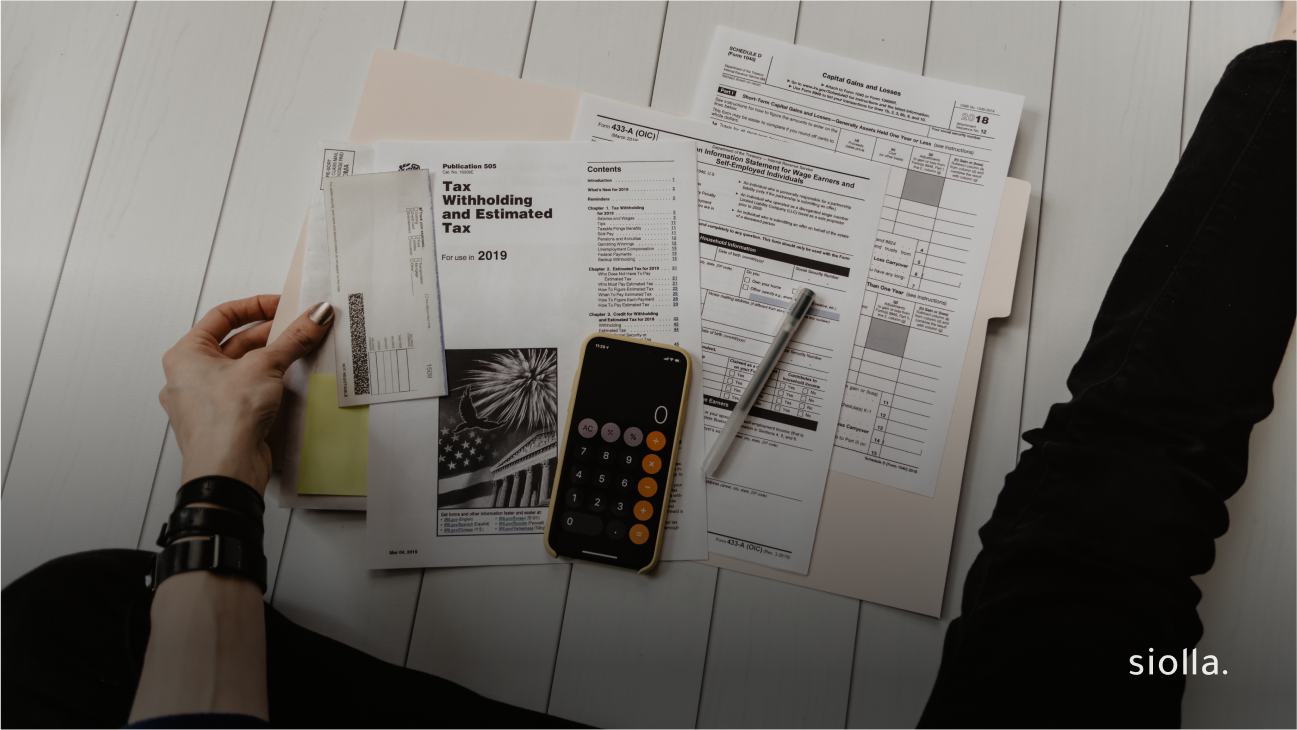Financial literacy is the ability to understand and manage your personal finances with clarity and confidence. Whether you’re just starting out or looking to improve your habits, building this skill is essential for long-term stability and success.
What Is Financial Literacy?
At its core, financial literacy means being able to make informed decisions about your money. It includes:
- Understanding your income and expenses
- Creating and sticking to a budget
- Saving regularly and investing wisely
- Preparing for emergencies
- Planning for the future, including retirement
- Knowing how credit works and managing debt responsibly
Why It Matters
Without a solid understanding of financial basics, many people face common challenges like:
- High personal debt
- Little to no emergency savings
- Uncertainty about retirement planning
- Difficulty reaching financial goals
For example, recent studies show the average person holds over SAR 90,000 in personal debt, and more than a third of families have less than SAR 5,000 saved for retirement.
Key Questions to Ask Yourself
- Do I spend less than I earn?
- Am I saving consistently each month?
- Do I have a clear financial goal and a plan to reach it?
- Could I handle an unexpected expense without borrowing?
- Am I actively preparing for retirement?
- Do I understand my credit score and how to improve it?
If any of these questions made you pause — that’s a good thing. Awareness is the first step toward taking control of your finances.
Start Building Confidence With Your Money
By developing strong financial habits, you’ll reduce stress and create opportunities for a better future. Budgeting, setting goals, and learning how to invest are simple tools that go a long way.
You don’t need to know everything right away — just start. Small steps today build financial confidence for life.
✅ Action Toolkit
| Step | What to Do |
| Track your spending | Write down where your money goes each month |
| Set a budget | Use a budgeting method that works for you (e.g., 50/30/20) |
| Start an emergency fund | Save at least 3–6 months of basic living expenses |
| Set a financial goal | Choose one goal (debt payoff, saving, investing) and create a plan |
| Understand your credit score | Learn what affects it and how to improve it |



